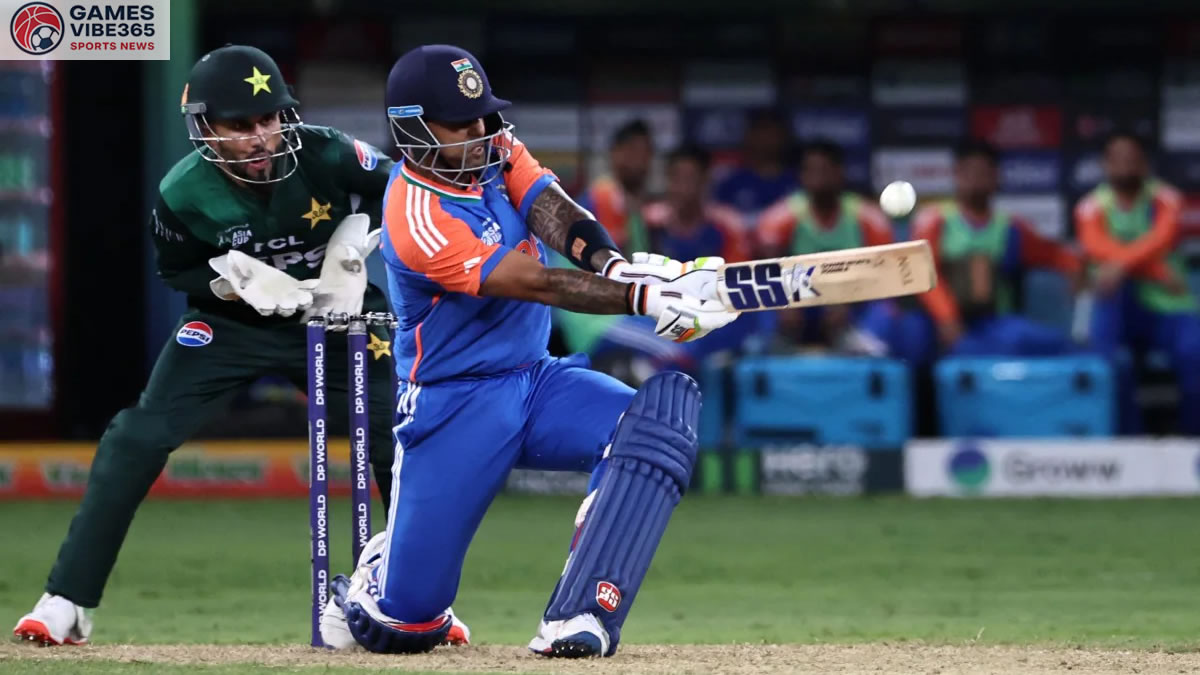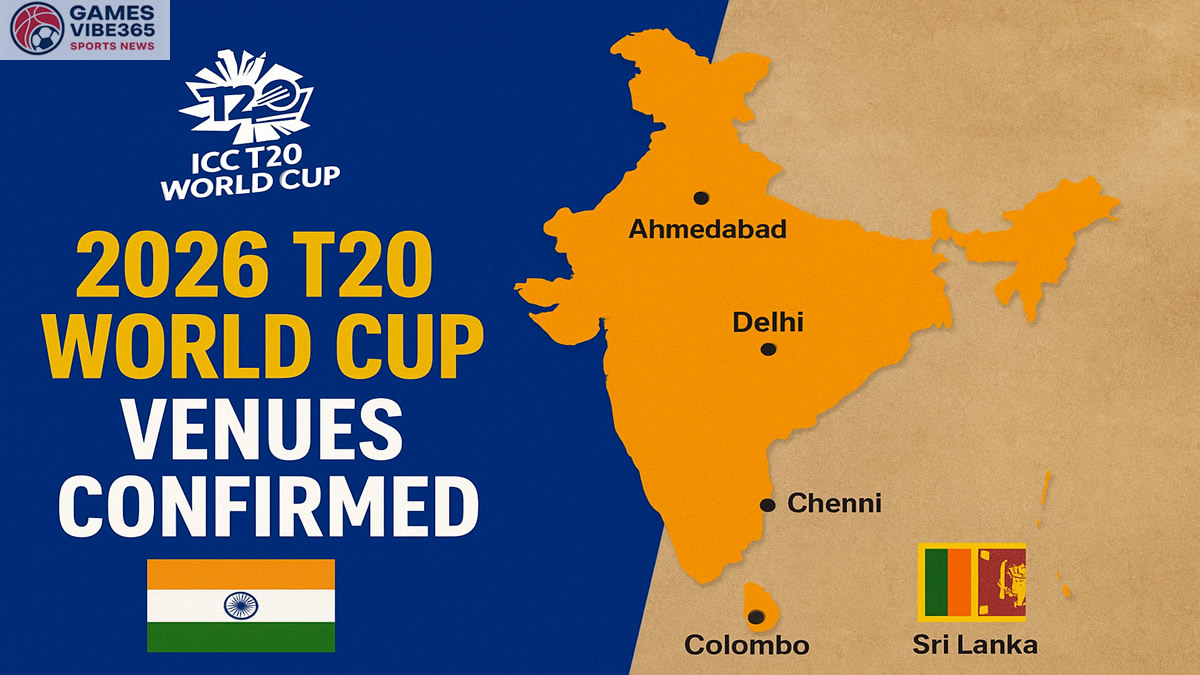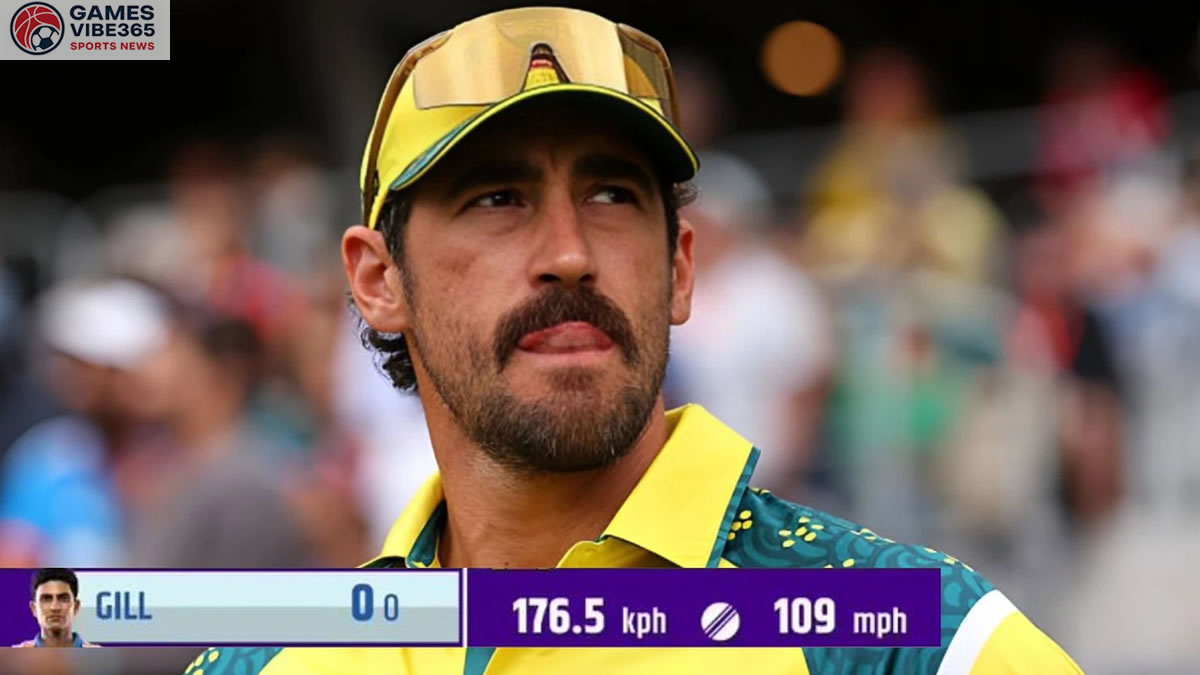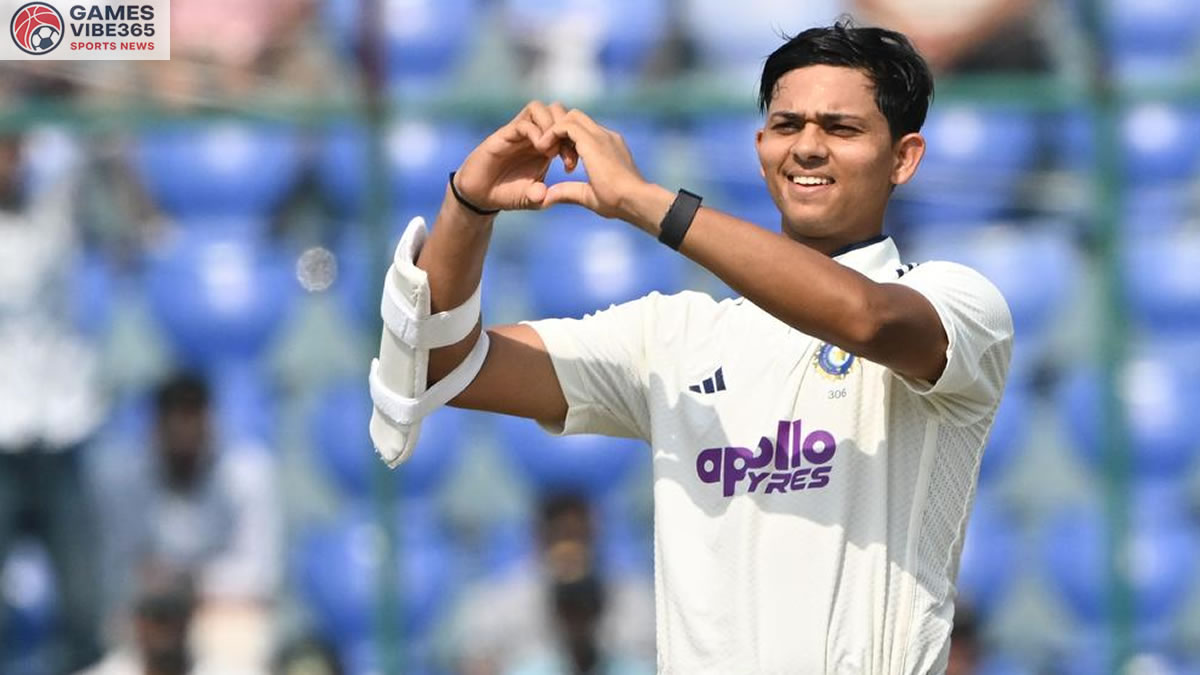India recorded a convincing seven-wicket victory over arch-rivals Pakistan in their Asia Cup 2025 Group A clash in Dubai. While the cricket was one-sided, the absence of handshakes between the two teams both at the toss and after the match sparked headlines across the globe, highlighting the ongoing political tensions between the nations.
Match Summary
- Pakistan 127-9 (20 overs): Farhan 40 (44); Kuldeep Yadav 3-18
- India 131-3 (15.5 overs): Suryakumar Yadav 47* (37), Abhishek Sharma 31 (13)
India chased down Pakistan’s modest 128-run target with 25 balls to spare. Captain Suryakumar Yadav guided his side home with an unbeaten 47, while young Abhishek Sharma lit up the chase with a quickfire cameo at the top.
A Win Overshadowed by Politics
This was the first India-Pakistan encounter since the violent conflict earlier in the year. Unsurprisingly, the political backdrop spilled into cricket:
- At the toss, Suryakumar Yadav did not shake hands with counterpart Salman Agha, breaking with cricketing tradition.
- After the game, Pakistani players appeared to walk towards India’s dugout, but the Indian squad had already left the field.
Suryakumar refrained from directly addressing the diplomatic standoff in his post-match comments but dedicated the victory to India’s armed forces.
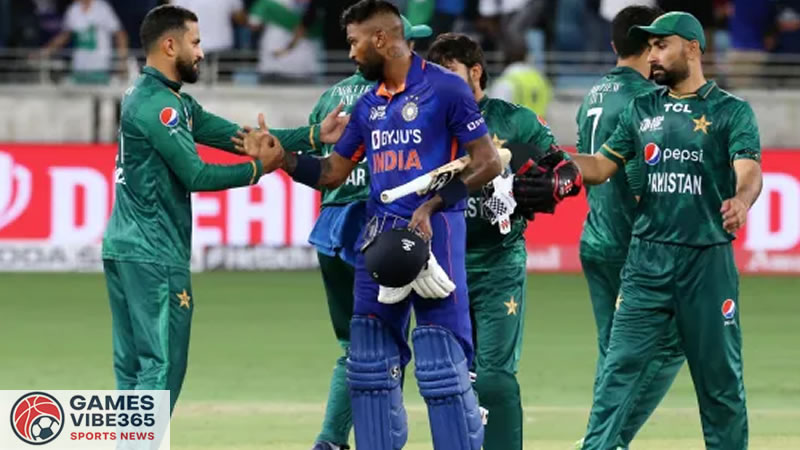
“We stand by with the victims and families of the terror attack and express our solidarity. We want to dedicate today’s win to all of our armed forces who showed a lot of bravery,” Yadav said.
Pakistan’s camp, notably, did not provide any post-match statements.
A Backdrop of Military Tensions
This Asia Cup clash came just months after a deadly militant attack in Kashmir triggered a four-day military confrontation between India and Pakistan. Both sides exchanged air strikes and missile fire, resulting in dozens of casualties.
The escalation was the worst between the neighbors in decades, prompting questions about whether cricketing ties should continue. Many had called for the Asia Cup to be boycotted or cancelled altogether, but organizers pressed ahead.
The frosty reception in Dubai showed that even in the arena of sport, the scars remain fresh.
What Happens Next?
The fractured relationship between the two boards means bilateral cricket remains out of the question. India and Pakistan only cross paths at ICC tournaments or continental competitions such as the Asia Cup.
- Earlier this year, India refused to travel to Pakistan for the Champions Trophy, forcing the games to be shifted to neutral venues in Dubai.
- In women’s cricket, Pakistan’s matches at the upcoming World Cup were reassigned to Sri Lanka after India declined to host them.
Depending on how the group stage unfolds, India and Pakistan could meet again later in this Asia Cup, setting up another politically charged encounter.
On-Field Action: India Dominate in All Departments
Pakistan’s Batting Struggles
Pakistan’s innings got off to a nightmare start. Saim Ayub fell to the first legitimate delivery of the game, caught at backward point. In the very next over, Jasprit Bumrah removed Mohammad Haris to leave Pakistan wobbling at 2-2.
While opener Farhan offered resistance with 40 off 44 balls, wickets tumbled around him:
- Middle-order collapse: Pakistan lost five wickets for just 38 runs.
- Spinners take charge: Kuldeep Yadav spun webs with figures of 3-18, while Axar Patel’s left-arm spin added 2-18.
It was only Shaheen Afridi’s late cameo 33* off 20 balls that lifted Pakistan beyond the 100-run mark. Without his hitting, the total could have been far more embarrassing.
India’s Confident Chase
India’s reply was emphatic and fearless:
- Abhishek Sharma’s fireworks: The young opener smashed 31 off just 13 balls, including a four off the first delivery and a six over cover in the second over.
- Tilak Varma steady: Though dismissed for 31, his partnership ensured momentum stayed with India.
- Suryakumar Yadav’s calm leadership: The skipper anchored the innings with a composed 47*, finishing the job in style with a towering six over mid-wicket.
Pakistan’s only bright spot with the ball was Saim Ayub, who picked up three wickets, but by then India had the match firmly under control.
Analysis: The Bigger Picture
This match wasn’t just about runs and wickets—it symbolized how cricket remains deeply entangled with politics in South Asia.
- For India: The win reinforced the dominance of their new-generation cricketers, showing life beyond stalwarts like Virat Kohli and Rohit Sharma.
- For Pakistan: While their bowling showed flashes of promise, their fragile batting lineup remains a concern ahead of the tournament’s later stages.
- For fans: The missing handshake may have left a bitter aftertaste, but the cricket itself delivered the intensity expected from this storied rivalry.
The victory also keeps India unbeaten in the group, boosting their semifinal prospects, while Pakistan face an uphill battle to stay alive in the tournament.
Conclusion
India’s seven-wicket win over Pakistan at the Asia Cup 2025 was as clinical on the pitch as it was politically charged off it. The lack of handshakes underscored the deep rift between the two nations, while Suryakumar Yadav’s dedication of the victory to India’s armed forces added another layer of symbolism.
As the Asia Cup progresses, both cricket fans and political observers will be watching closely not just for runs and wickets, but for what each India-Pakistan encounter represents in a much larger story of rivalry, resistance, and resilience.
Also Read: India vs Pakistan Asia Cup 2025 India Outclass Pakistan with 7-Wicket Victory in Dubai

